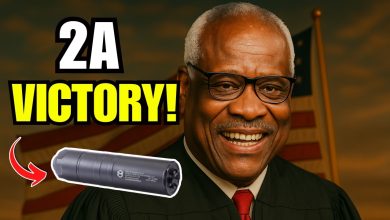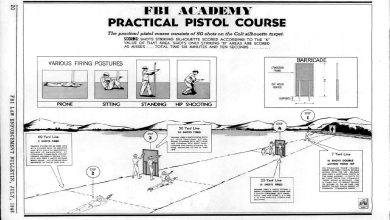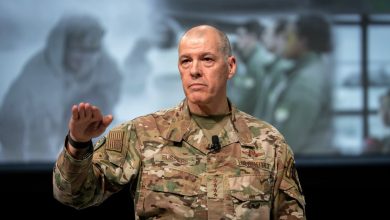Army pilot claims he distributed LSD for religious reasons
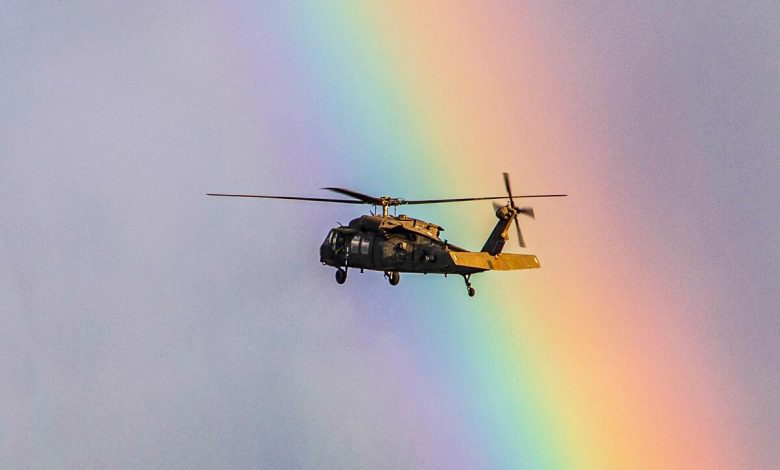
An Army Black Hawk pilot who was indicted by a grand jury for allegedly distributing LSD argued in court he has the religious right to consume the psychedelic drug as a sacrament and sell it on the dark web.
Federal prosecutors accused 1st Lt. Kyle Norton Riester of conspiring with others to distribute 10 grams or more of LSD, according to an indictment filed April 24 by the U.S. District Court for the Eastern District of Virginia.
In their own lawsuit, Riester‘s attorneys acknowledged he distributed LSD online but countered that he did so in a sacramental form and only to other individuals who used it for religious reasons.
Riester and his attorneys are attempting to fight his prosecution on religious freedom grounds. They sued — unsuccessfully — to receive an emergency injunction that aimed to block the government from indicting him.
In the lawsuit, Riester‘s attorneys said he has a sincerely held belief that LSD is a sacrament, which allows him to commune with God and is “necessary for his continued spiritual growth and development.”
He “also believes Bitcoin to be sacred,” the lawsuit said, because it allows him to distribute allegedly sacramental LSD to others who share his beliefs.
The case turns a spotlight on the entheogenic movement, the adherents of which use psychoactive substances like hallucinogenic mushrooms, ayahuasca or other psychedelics as part of religious rituals or to achieve a meditative or spiritual state.
Growing concerns about LSD
The federal government classified LSD as a Schedule I drug, meaning the substance is not recognized as serving an accepted medical use and is labeled as having a high potential for abuse. The government has in recent years conducted studies on the potential therapeutic uses of other drugs, such as MDMA.
LSD is barred in the military. Its use was once rare enough among troops that in 2006, the Pentagon’s former top counternarcotics official cut testing for it from the Defense Department’s standard drug-testing panel. In a memo announcing the change at the time, former defense official Richard Douglas said that over a three-year period, only four drug tests out of more than two million had tested positive for LSD.
But over the past decade, a series of embarrassing incidents involving LSD prompted the Pentagon to pay more attention to service members’ illicit use of the drug.
RELATED
In 2016, security forces airmen at F.E. Warren Air Force Base in Wyoming — whose jobs entailed guarding nuclear missiles — were busted for buying, distributing and using LSD and other drugs. Six airmen were ultimately court-martialed, and another eight were disciplined in other ways.
Four years later, following the revelation of a drug problem among some Marines, the Defense Department authorized commanders to once again test troops for LSD.
Religious sacrament or dangerous drug?
Riester alleged in his lawsuit that the federal government violated his rights under the Religious Freedom Restoration Act by raiding his home last August, issuing him a reprimand, ordering him to cooperate with federal law enforcement and attempting to prosecute him for alleged conspiracy to distribute LSD.
The suit was filed April 3 against multiple Defense Department and federal government officials. A district court judge in Alexandria, Virginia, rejected those arguments April 23, clearing the way for federal prosecutors to indict him.
The Washington Post, which first reported the case, said prosecutors alleged in the April 23 hearing that Riester sent almost 1,800 shipments of LSD to purchasers online and collected almost $122,000 from the sales.
The judge at hearing denied his request for an injunction to prevent his prosecution, The Washington Post reported, and said that even if his spiritual beliefs on the consumption of LSD were genuine, “it’s far from clear that sincere religious belief would extend to the indiscriminate selling of LSD on the dark web.”
RELATED
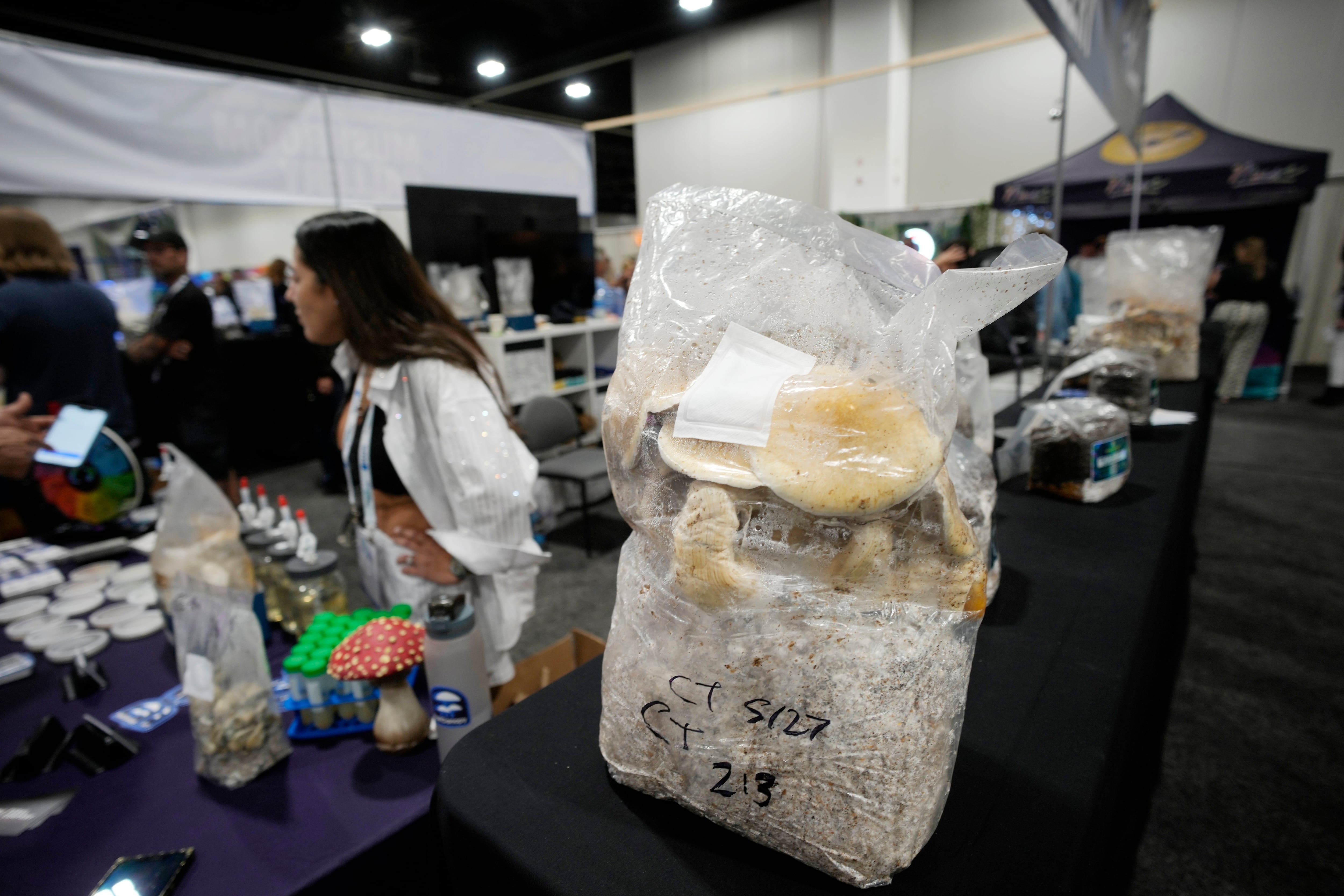
Army spokesman Christopher Surridge said Riester has been reassigned to administrative duties pending his discharge and does not have access to classified material. He said the Army could not provide further information due to Privacy Act constraints.
Riester‘s attorneys said he never piloted helicopters while under the influence of LSD.
They argued the government’s actions are causing “ongoing irreparable harm to [his] religious exercise, conscience and reputation” by forcing him to stop his religious practices and potentially ending his military career with a dishonorable discharge.
Riester had asked the court to declare a permanent injunction on the government, preventing it from arresting, prosecuting or threatening him or his wife for acquiring and possessing LSD and distributing it to those who share his faith for ceremonial purposes. His wife is also a Black Hawk pilot but had no knowledge of Riester‘s LSD-related activities, his lawyers wrote in the lawsuit.
Riester also wanted the court to order the government to allow him to use and dispense LSD to those who share his faith.
After the judge denied those requests, Riester‘s attorney, George Lake, told Military Times that Riester plans to appeal the judge’s decision to the Fourth Circuit Court of Appeals.
Turning to psychedelics
The lawsuit said that Riester — who grew up in a non-religious household in Vermont — first took LSD in 2017 while attending Indiana University’s Kelly School of Business under an Army ROTC scholarship.
That sacramental experience “was deeply religious and mystical in nature,” the lawsuit said, “allowing him direct communion with his creator.”
He continued to sacramentally consume LSD, the suit said. Those experiences, ranging from between eight to 12 hours, helped him reach “religious and mystical states” and allowed him “to consult divine forces and entities which guide and instruct him on how to live in accordance with his higher spiritual self and higher spiritual path.”
Today, Lake said, Riester regularly attends a nondenominational Christian church. Lake described Riester‘s religion as a “syncretic” blend of Christianity and entheogenic psychedelic use.
“Through his adult life, he started this spiritual journey … in college, going to ceremonies with mushrooms, ayahuasca, these things,” Lake said. “And then, just kind of naturally evolved for him into LSD, [which] he found was his preferred and best method for communion with his conception of God.”
But during COVID-19 lockdowns, the suit said, it became difficult for Riester and others who share his beliefs to gather in person to practice their religion. The pandemic also caused stress and isolation, it said, so Riester and his religious community moved online.
Riester “felt compelled, in accordance with the Divine guidance and instruction he had received while communing with LSD, to assist others in sacramental access to their shared Sacrament during this time,” his lawsuit reads.
Riester‘s lawsuit said he “dispensed sacramental LSD to co-religionists via the dark web” from September 2022 to May 2024. He also published articles on Substack from May 2021 to June 2022 detailing his beliefs on LSD and Bitcoin, the suit said.
Psychedelic ceremonies on hold
In May 2024, as COVID-19 restrictions eased and access to “sacrament-grade LSD” expanded, Riester voluntarily stopped all his online distributions and deleted his dark web account, the lawsuit said.
But three months later, agents from the FBI, Army Criminal Investigation Division, U.S. Postal Service and other organizations raided Riester‘s Springfield, Virginia, apartment, looking for LSD trafficking evidence, the lawsuit said. Riester‘s attorneys said this search did not turn up LSD, but agents seized his passport and electronics and ordered him to submit to a urinalysis with CID.
RELATED

Riester is also under indictment in the Southern District of Texas on at least one charge related to “fraudulent Bitcoin transfers in which [Riester] had unwittingly taken part,” the suit said.
Riester is now on bond in Texas, and his pre-trial release conditions prohibit him from using controlled substances such as LSD, “which substantially burdens plaintiff’s sincere religious exercise,” his lawsuit says.
The suit also said that after the August 2024 raid on his apartment, he has been “unable … to maintain his commitment to his religion and to the military as his military service contract did not allow him to consume any controlled substances while on active duty.”
Dark web dealings
Riester’s commanding officer ordered him to cooperate with the federal government shortly after the August 2024 raid on his apartment, Lake said. At that point, he was coerced by law enforcement into gathering information on dark web dealers’ attempts to sell fake oxycodone pills made with fentanyl, Lake claimed.
Riester’s dark web account had credits showing it was used to sell LSD, Lake said, which law enforcement may have felt gave him credibility as he attempted to gather information on fentanyl dealers. Lake said Riester did not participate in sting operations on those dealers but pried for information on their manufacturing and distribution protocols and suppliers.
“This wasn’t something natural with him,” Lake said of Riester’s attempts to contact fentanyl dealers on the dark web on behalf of the government. “Mr. Riester was actually part of dark web forums that were full of spiritual seekers using [psychedelic substances] for religious, spiritual purposes, and trying to do so safely. That’s the community he was part of. All this other [stuff] was forced upon him.”
Lake said Riester cooperated with law enforcement for several months in late 2024 but the operation yielded only “perfunctory information.”
If Riester is convicted of LSD distribution, he could be forced to forfeit property involved in the commission of the alleged crime, including cryptocurrency, a rifle, a shotgun, two pistols, magazines and ammunition, among other penalties, according to the indictment.
Stephen Losey is the air warfare reporter for Defense News. He previously covered leadership and personnel issues at Air Force Times, and the Pentagon, special operations and air warfare at Military.com. He has traveled to the Middle East to cover U.S. Air Force operations.
Read the full article here





